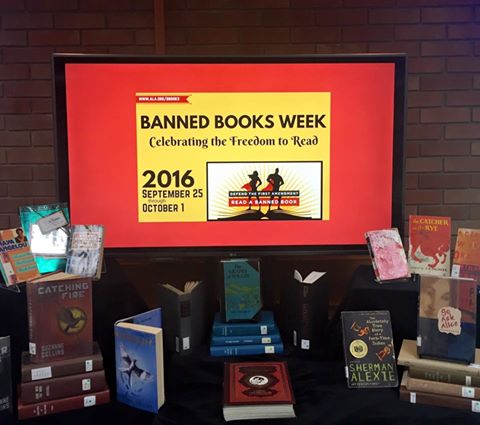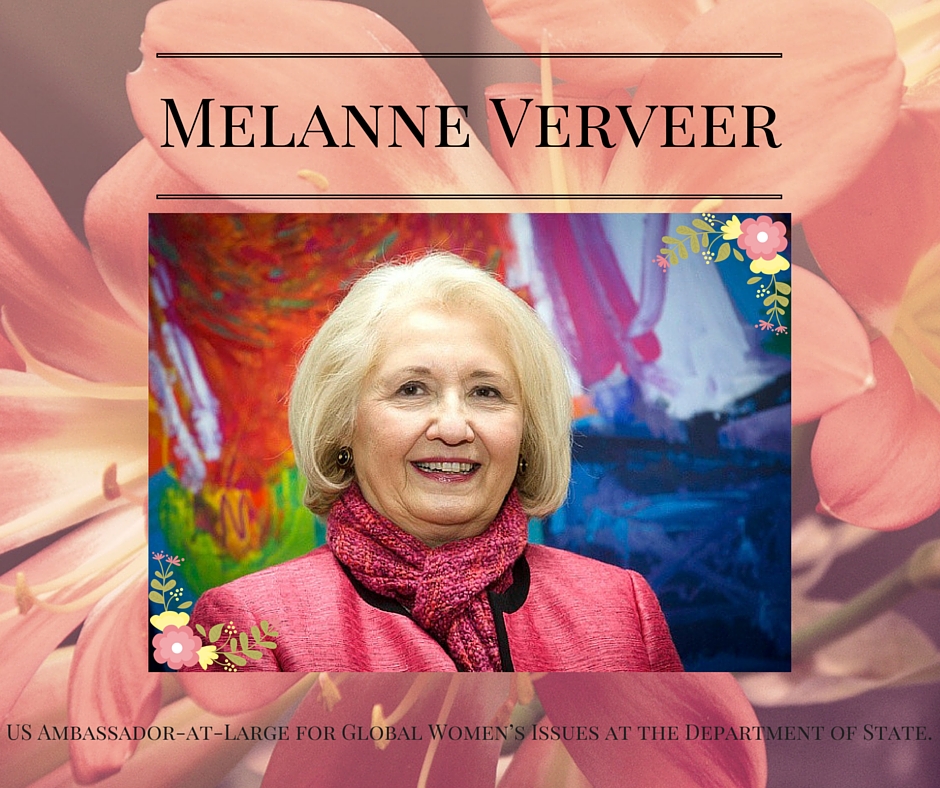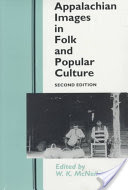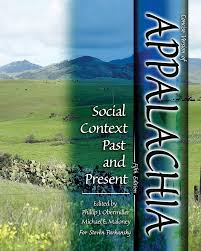 To honor Banned Books Week, Hutchins Library will be hosting a Banned Books Readout on Wednesday, September 28, 2016. The event will take place at 7:30pm in the library's flex space area. Faculty, staff, students, and community members are invited to attend. If you would like to read, choose a short passage from your favorite banned book and be ready to read for five minutes and say briefly why this book matters to you. Professor Beth Feagan is organizing the list of readers. You can e-mail her at feaganb@berea.edu to be added to the list of readers.
To honor Banned Books Week, Hutchins Library will be hosting a Banned Books Readout on Wednesday, September 28, 2016. The event will take place at 7:30pm in the library's flex space area. Faculty, staff, students, and community members are invited to attend. If you would like to read, choose a short passage from your favorite banned book and be ready to read for five minutes and say briefly why this book matters to you. Professor Beth Feagan is organizing the list of readers. You can e-mail her at feaganb@berea.edu to be added to the list of readers.
Do you need ideas for a book to read? Well, here are the top ten books challenged in 2015 and in previous years according to the American Library Association.
Banned Books Week typically takes place during the last week of September. The event was launched in 1982, after a surge "of challenges to books in schools, bookstores and libraries. More than 11,300 books have been challenged since 1982 according to the American Library Association."
In addition, while you are visiting the library, feel free to stop by and check out our book display for Banned Books Week. The books on the display table are available for check out. Simply pick up the book you want and take it to the circulation desk to check it out. The display will be up from now through the end of the month.




 To honor
To honor 





